I’ve felt anxious and low for the latter part of last week. It intensified at the weekend. It sort of came out of nowhere and completely zapped my energy. I found it really hard to be optimistic about the year ahead.
I’ve been trying to put my finger on why. I’m putting it down to three things:
- anticipating the mode switch (back to work) I was about to go into
- straying from self care fundamentals.
- the absence of a positive feedback loop
Being able to separate work and personal life is something I’ve worked really hard at. I’ve had a three week break over the holidays. I didn’t check an email or think much about work at all. I allowed myself to wake later, and didn’t try to structure my days and time much at all.
One of the challenges of switching off like this is moving between the modes can be harsh – especially when you take a decent amount of time off.
My mind started racing with all types of unreasonable expectations for work. I have to make the perfect start to the year. I have a responsibility to kick meetings off in a perfect way. I need to nail down a mid term plan for myself by the end of the week. I have to make progress on key projects. I’ve got to quickly set expectations on a bunch of things. etc. etc.
When, actually all I need to do is have more realistic expectations, and some compassion for myself. How about just let myself ease into the week? Talk to people, get some decent thoughts in place for my mid term priorities, and simply make the transition? And then build from there? How about having some trust in myself that I’ll be in a great place with everything at the end of January.
Straying from my self care fundamentals is also massive. For me they are minimising alcohol, getting enough sleep, being active, and eating real food. Three of them were pretty off over the holiday period, so it’s no wonder I was feeling the early signs of a low period. These got addressed from the beginning of this week.
And lastly, the absence of a positive feedback loop. I thrive when I have momentum and I’m able to see the results from my actions. If I go for too long without that, self doubt creeps in. I’m only three days back in, and I can feel it cranking back up again, and I’ll be fine.
What can I learn from this?
Well, the self care fundamentals are entirely in my control. I need to have a better plan for managing them when I go off a schedule. I can’t afford to neglect a few of them over a reasonable period of time. That’s an easy one.
As for the mode transition and positive feedback loop, I think it’s more of a mindset / mindfulness issue. There will always be times when I will take time away from work. I have to get better at being able to manage these transitions.
Simply being aware I’m having these feelings is the first step. Allowing myself to sit with the feelings and to see them for what they are – for the most part, stories in my head that never materialise. And then letting them go. That’s definitely something I can practice.
If you’ve felt anxious or low about returning to work – know that it’s completely reasonable and OK. Have some self compression and give yourself a break. Notice and question unrealistic expectations. And lean into the year – take it one step at a time.
[wpcode id=”7450″]
